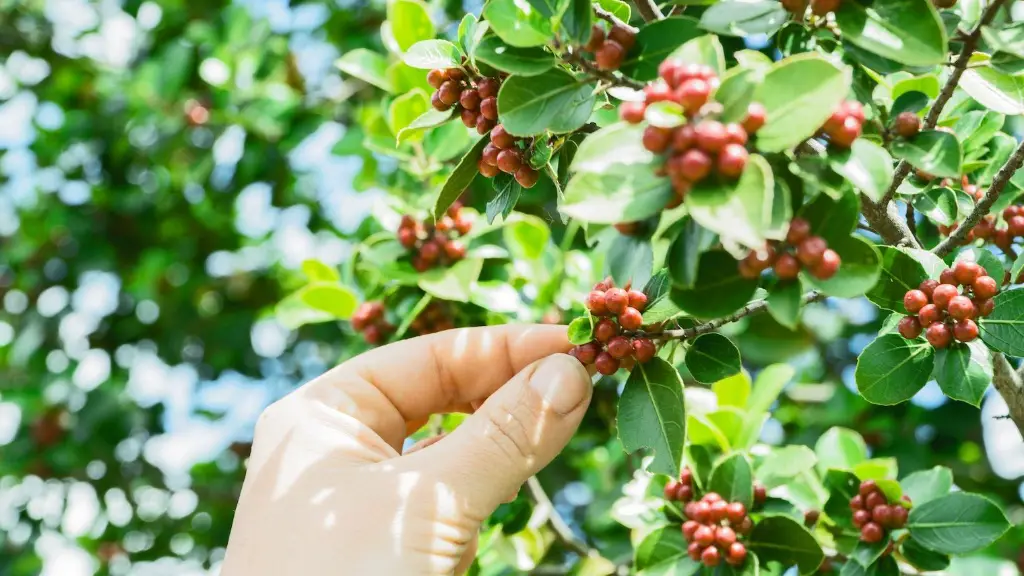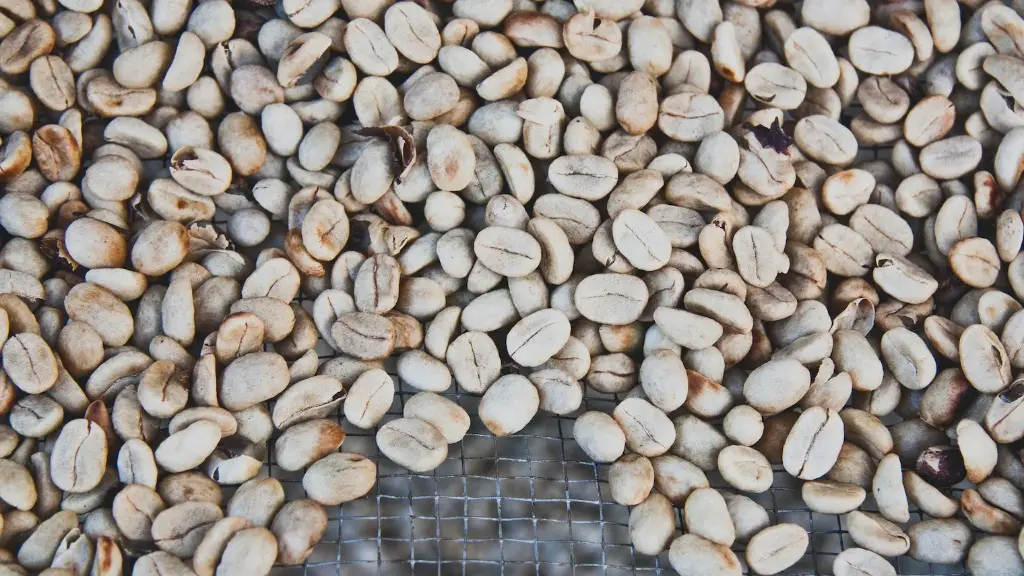Can Breastfeeding Moms Drink Coffee?
If you’re a breastfeeding mum, you may wonder if it’s okay to consume caffeine. While it is generally fine to have coffee while breastfeeding, the risks and benefits need to be considered. As with any food and drink, moderation is key.
Coffee contains caffeine, a stimulant, which does pass into the breast milk. Breastfeeding mums should keep an eye on their consumption of it to ensure their baby is not adversely affected. This will also help to prevent the development of caffeine dependence in the baby.
According to the World Health Organization (WHO), recommended daily caffeine intakes for lactating women should not exceed 300mg. This is equivalent to approximately three cups of instant coffee or 1.5 cups of brewed coffee per day. Furthermore, breastfeeding women should avoid drinking coffee late in the day, as this may disturb the baby’s sleep pattern.
If you are drinking coffee while breastfeeding, it’s important to consider other sources of caffeine. These include tea, chocolate and certain medications or energy drinks. A great way to identify these sources is to check the nutrition and ingredients labels. This is especially important if the product contains artificial stimulants and additives.
What’s more, the quality of the coffee you drink matters. Try to opt for organic, chemical-free, undiluted caffeine-based drinks such as natural green tea and organic coffee. Also, if you are concerned about too much caffeine consumption, use less coffee when preparing each cup, for example using half caffeine, half decaffeinated coffee.
Influence on Baby’s Sleep
Babies’ sleep patterns can be affected by consuming coffee during breastfeeding. If a baby therefore has unusual or disturbed sleeping patterns, the mother’s caffeine intake should be investigated.
Moreover, if caffeine is consumed while breastfeeding, the levels found in a baby’s amniotic fluid can be up to 7 times higher than normal. Therefore, if the baby suffers from sleeping trouble, it is advisable to avoid coffee late in the day. It is also important to ensure the breastfeeding mum takes a break after consuming caffeine, as it takes approximately 4-6 hours before it is completely out of the baby’s system.
Regardless of whether you are having coffee while breastfeeding, consistent schedules for feedings and sleeptimes will help create better habits in your baby as well as balancing you out as a new mum.
Are there any Benefits?
A study by the Australian National University showed that coffee can have beneficial effects on levels of maternal stress. By helping mothers to relax and handle their newborn’s babbles, coffee can make coping with new motherhood a bit easier.
However, it is important to focus on other ways to reduce stress or fatigue while breastfeeding. For example, spending time outdoors, eating nutritious foods, getting enough rest and staying hydrated are all essential for the wellbeing of a breastfeeding mum.
On the other hand, more research is needed to determine the safety of coffee for breastfeeding mums. It is also unclear whether coffee has any benefits for babies when consumed by the mother. Therefore, a balance should be established between enjoying coffee and ensuring appropriate amounts are consumed to protect the baby’s health.
How to Limit Caffeine Intake
When it comes to caffeine content, coffee beans used to brew the beverage are not all the same. Espresso has one of the highest caffeine levels at the range of 64-95 mg per shot. Instant coffee is between 30-90 mg. Furthermore, decaf coffee is a great way to reduce your caffeine intake, though it is still wise to check the label.
Moreover, consider changing up your coffee habits by drinking other drinks that contain caffeine, such as green or black tea, or caffeine-free herbal teas such as rooibos.
For a healthy start to motherhood and a healthy lifestyle for your baby, moderation and taking regular breaks are key. Drinking coffee during breastfeeding can be safe as long as it is within the recommended daily limits.
The Role of Lifestyle
While caffeine consumption during breastfeeding is generally considered safe, individuals need to be mindful that what works for one mother may not work for another. Everyone is different and lifestyle factors, such as diet and previous caffeine consumption, should all be taken into consideration.
For example, people with a high tolerance for caffeine may be able to consume more than those with a lower tolerance. Similarly, if a breastfeeding mum drinks around five cups of coffee a day, it is recommended to reduce the amount both for their own and the baby’s health.
Additionally, alternatives to coffee should also be considered while pregnant or breastfeeding.
Finding Alternatives
It’s possible to reduce caffeine intake while still enjoying a cup of coffee or tea. Here are some ideas to get you started:
- Limit the quantity. Drink no more than two cups of coffee per day, which you can enjoy in smaller portions.
- Choose decaff. Go for decaffeinated coffee and tea.
- Go for herbal. Enjoy herbal teas such as chamomile, lemon verbena or peppermint as an alternative to coffee.
- Choose organic. Look for organic, chemical-free coffee and tea.
- Add milk. Coffee and tea still contain caffeine, however adding milk or cream can slightly reduce the content.
Finally, if you are concerned about your caffeine intake, talk to your doctor or midwife who can provide specialised advice and support.





